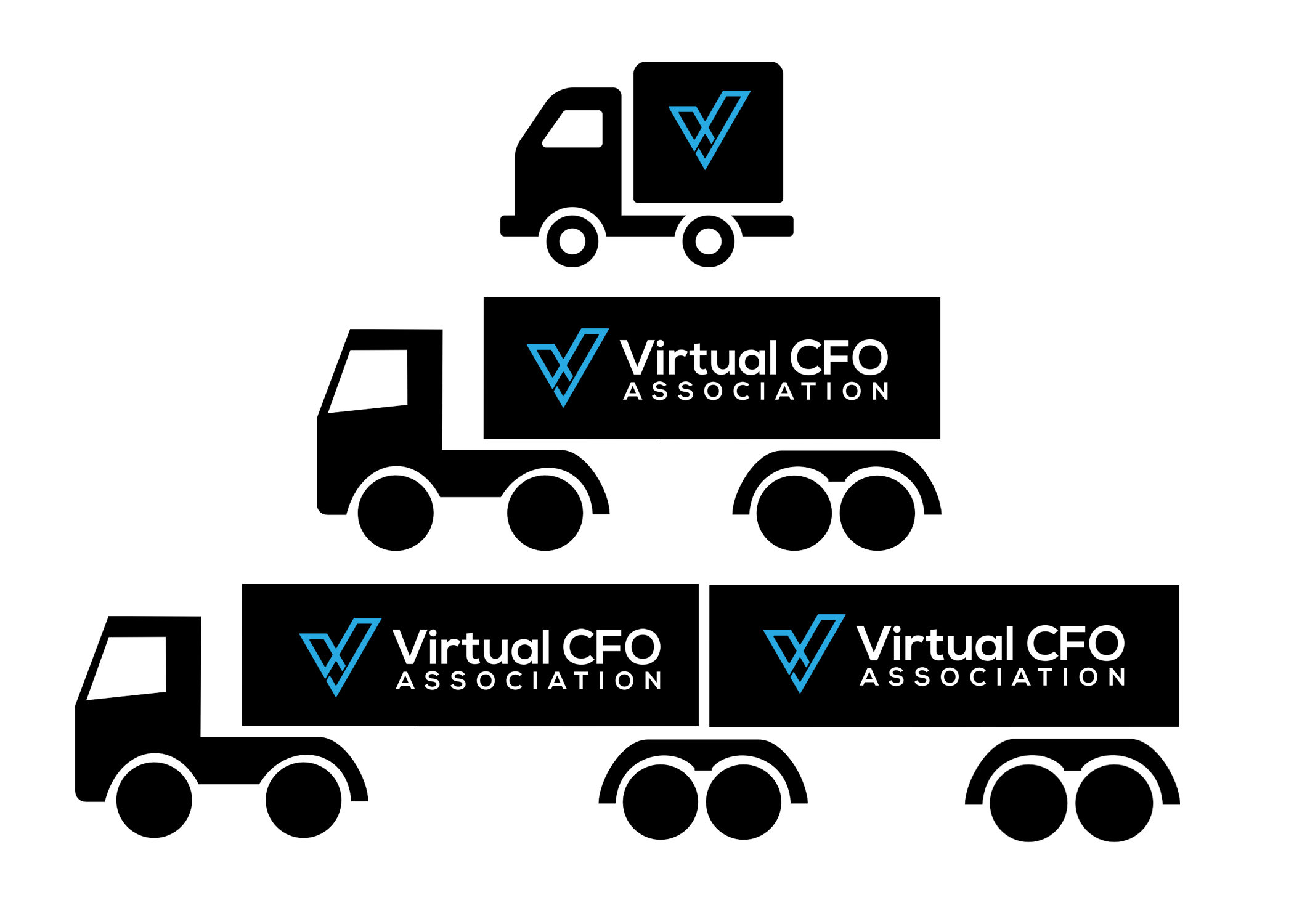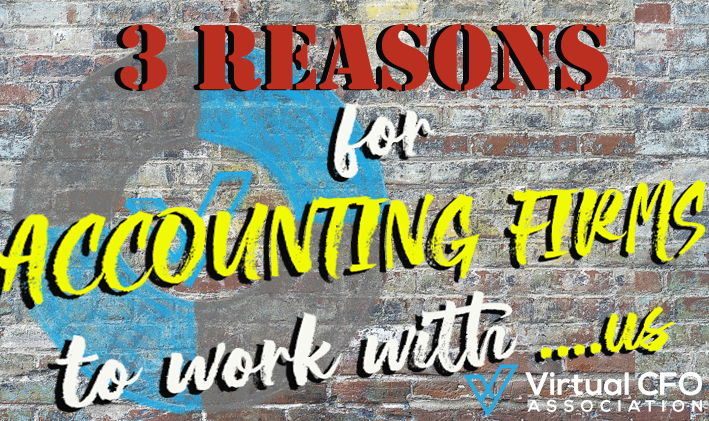Imagine if your finance team and bookkeeper are holding you back and you didn’t even know it….
Generally, the frustrations CEOs and boards feel about the financial reporting of their companies fall into these general areas:
Month end reporting – a CEO’s biggest bugbear! If you’re struggling with this area of your business then rest assured you’re not alone. Most CEO’s or business owners I speak to have these common complaints about the financial reporting systems in their business or not for profit:
Reports are always late – “I get my reports the day before my board meeting (if at all) and I never have time to prepare or ask questions – I hate walking into board meetings unprepared!”
I don’t trust my reports – “When I do get my reports I never can be certain they are accurate….I’m not a CFO but my gut feel is they’re not quite right but I don’t know how to check them…”
I don’t fully understand them – “I’m given these reports each month but to me they’re just numbers on a page…there’s no interpretation of the numbers or guidance on how the business is performing, what areas I should focus on, where we’re leaking profit or cash and how we could do better next month.
Sound familiar?
Over the years I’ve found these businesses or NFP’s are all suffering from the same underlying problem – they don’t have a qualified CFO working alongside them, presenting them with reliable and easy to understand financial information and guiding and supporting them in their financial decision making…in fact most of the time this critical financial reporting role is left to an under-qualified finance or admin resource or an external tax accountant, and whilst they do their best, they just don’t have the strategic “CFO level” expertise to deliver what the business needs to thrive…
If thinking back over these issues, hiring a virtual CFO Service offers you the best opportunity to achieve your growth goals, and to do so quickly and more economically.
What does a virtual CFO Service do? And why you need one NOW!
A Virtual CFO will understand your business and your industry and help design and generate financial reports so they are easy to digest for you and your board of directors, giving you the opportunity to fully understand where your business stands and where it is headed.
A Virtual CFO will oversee your current bookkeeping and finance staff to ensure all procedures have a series of checks and balances to strengthen security and present accurate financials. These steps are crucial to avoid cash flow issues.
A Virtual CFO will generate a budget and financial projections to give you and your board the best financial information possible to make strategic decisions about your company’s future. As well as the toolset to hold your team accountable for hitting your goals. These projections can also include “what if” scenarios so you can truly be a future-driven business and quantifiably compare the potential impact of key decisions before they happen.
A virtual CFO can assist your business to gain strategic perspective and world class reporting at a fraction of the cost of hiring a full-time CFO, saving costs without compromising on financial leadership.
The expertise of a virtual CFO expands with your business needs – Virtual CFO’s expand the scope and level of sophistication only as you need it, while maintaining the continuity that comes with working with trusted resources over the long-term.
The services of a Virtual CFO are cloud based – you won’t experience the geographical limitations of finding someone in your area as you can engage with us online.
What does a traditional bookkeeper and a dinosaur have in common?
Everyone’s talking about using tech automation, right? The predictive text function that finishes typing your email messages for you, the coffee machine that knows when to stop pouring.
But what almost no one understands about using technology automation, is that it can be applied to bookkeeping.
What does a traditional bookkeeper and a dinosaur have in common?
They’re both extinct.
We all know that traditional bookkeepers have supported businesses for years, but they haven’t evolved to keep up with modern advancements, such as automation.. Keeping the same bookkeeping systems will not see your business into the future, it will keep your business at a standstill.
On the flip side, harnessing the power of cloud based technology will reduce salary costs and will give you better financial information in your hands straight away. Switching to a cloud based, virtual CFO Service gives businesses better financial reporting, data and insights straight away.
Engaging a virtual CFO will future proof your business, enabling you to not just to survive but thrive!
Did you know that hiring a virtual CFO is a fraction of the cost of an in-house full time CFO?
So what is a virtual CFO Service? It’s a virtual Chief Financial Officer (CFO), based in ‘the cloud’ who works with your team remotely.
I’m going to share with you three financial structure issues holding your company back, what a virtual Chief Financial Officer (CFO) is, and how you can have expert advice for a fraction of the cost of hiring an internal resource.
So the first issue holding your company back is, that without a clear long term strategy including forecasts, your business cannot grow or expand.
You are operating as ‘business as normal’.
The big idea here is if you have accurate and timely financial information – along with practical interpretation and guidance on how best to leverage it, it will be the difference in your business success.
This is important because without financial accuracy you and your team are making business decisions in the dark. A miss- informed strategy will impact your business operations now and into the future.
The second financial structure issue holding your company back is accountability – it is vital.
The main thing to understand here is that as your business has grown, so has the complexity of the financial situation and sheer volume of transactions and information held by your team.
This means there needs to be adequate financial information security, division of responsibilities amongst your team, with clear job performance standards.
The third financial structure issues holding your company back is raising capital for future growth needs to be planned for.
Banks and investors are only going to come on board if you can present a compelling, substantive financial picture.
This is key because having a complete and accurate financial history and projections – coupled with a credible financial story – is vital to secure the capital your business needs to grow.
Now, I know what you’re thinking.
It’s a big step forward to bring on a CFO.
Well the great thing is, the cost of a virtual CFO is a fraction of the price of hiring an internal full time CFO.
A virtual services model offers you expert CFO consultancy services which can streamline your business operations, help you plan for future growth and gain the executive level support your team needs.
Hiring a virtual CFO Service offers you the best opportunity to achieve your growth goals, and to do so quickly and more economically. Is it time you considered engaging a virtual CFO?
Rachael Turner is a member of the Virtual CFO Association.
The Virtual CFO Association is an elite peer network, advocating and promoting the emerging VCFO sector within the accounting profession. Collectively the association currently has over 500 years of industry experience, with highly qualified and experienced specialists spread across more than 20 industry verticals.
If you would like any more information regarding the Association of VCFO’s please visit our website https://vcfoassociation.com.au





